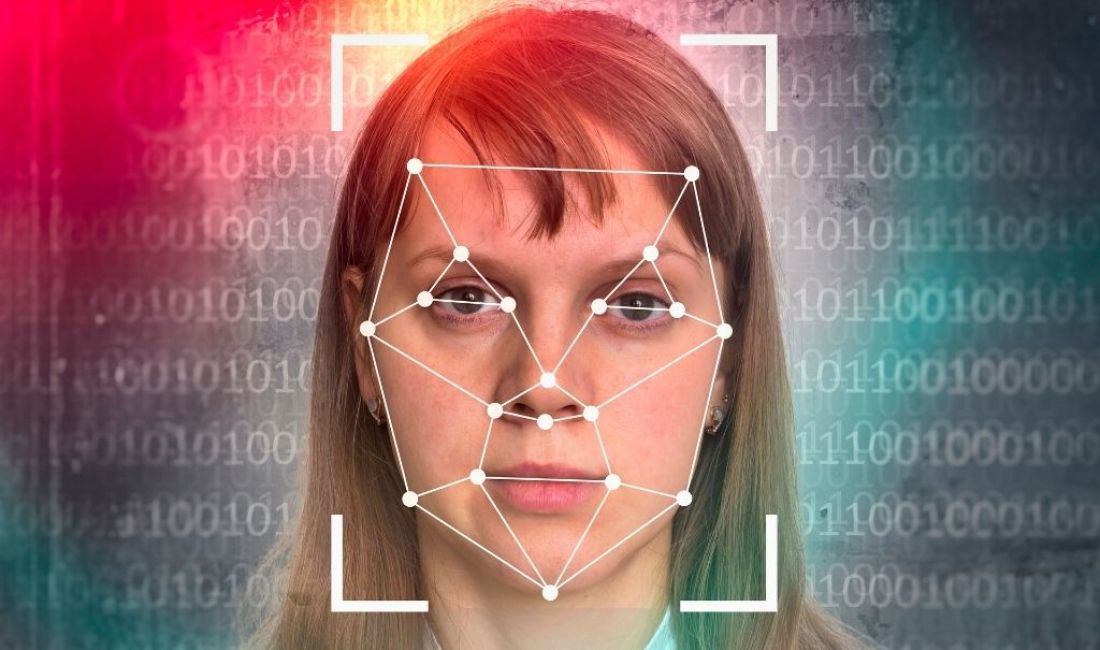Trade Union Statement Opposing Digital Identification

| W.E.U Admin | Workplace Wellbeing
As a union committed to defending the rights, dignity, and livelihoods of workers, we oppose the introduction and normalisation of Digital Identification systems. These technologies, often promoted under the banner of efficiency or security, carry profound risks for working people, their privacy, and their freedom at work and in society.
1. Worker Privacy and Surveillance
Digital ID schemes make it easier for employers and governments to track, monitor, and profile workers—both on and off the job. Such surveillance undermines trust, chills free association, and creates an environment of constant oversight that is incompatible with the principles of workplace dignity and autonomy.
2. Threats to Equal Access and Fair Treatment
Linking employment, wages, or workplace access to Digital Identification risks excluding or discriminating against workers without reliable access to digital systems. This disproportionately harms the most vulnerable: low-income workers, migrant laborers, rural populations, and older members of the workforce.
3. Data Security and Abuse of Power
Centralized databases of worker information are high-value targets for cyberattacks. A single breach could expose sensitive personal data, putting workers at risk of exploitation, identity theft, or blacklisting. Beyond cyber-risks, these systems enable employers or governments to misuse data for control and retaliation against organized labor.
4. Erosion of Labour Rights and Democracy
Digital IDs can pave the way for restricting union activity, by making participation traceable, limiting access to unionized workplaces, or conditioning benefits on compliance with digital systems. Workers’ rights to organize, bargain collectively, and strike must never depend on surveillance technologies.
Our Union’s Position
We reject the use of Digital Identification as a condition for employment, wages, union participation, or access to public services. Workers’ rights are not privileges to be granted or withheld through digital systems.
We call for:
- Guaranteed non-digital alternatives for all workplace and public services.
- Stronger data protection and anti-surveillance laws that defend worker privacy.
- Binding protections against employer or state misuse of Digital ID technologies.
- Worker-led consultation before any technological system affecting employment is introduced.
Closing statement
Digital Identification is not simply a tool—it is a mechanism that shifts power away from working people and toward centralized authorities and corporate interests. As a union, we will resist the imposition of Digital IDs in our workplaces and communities, and we will continue to defend workers’ rights to privacy, dignity, and freedom from surveillance.

















